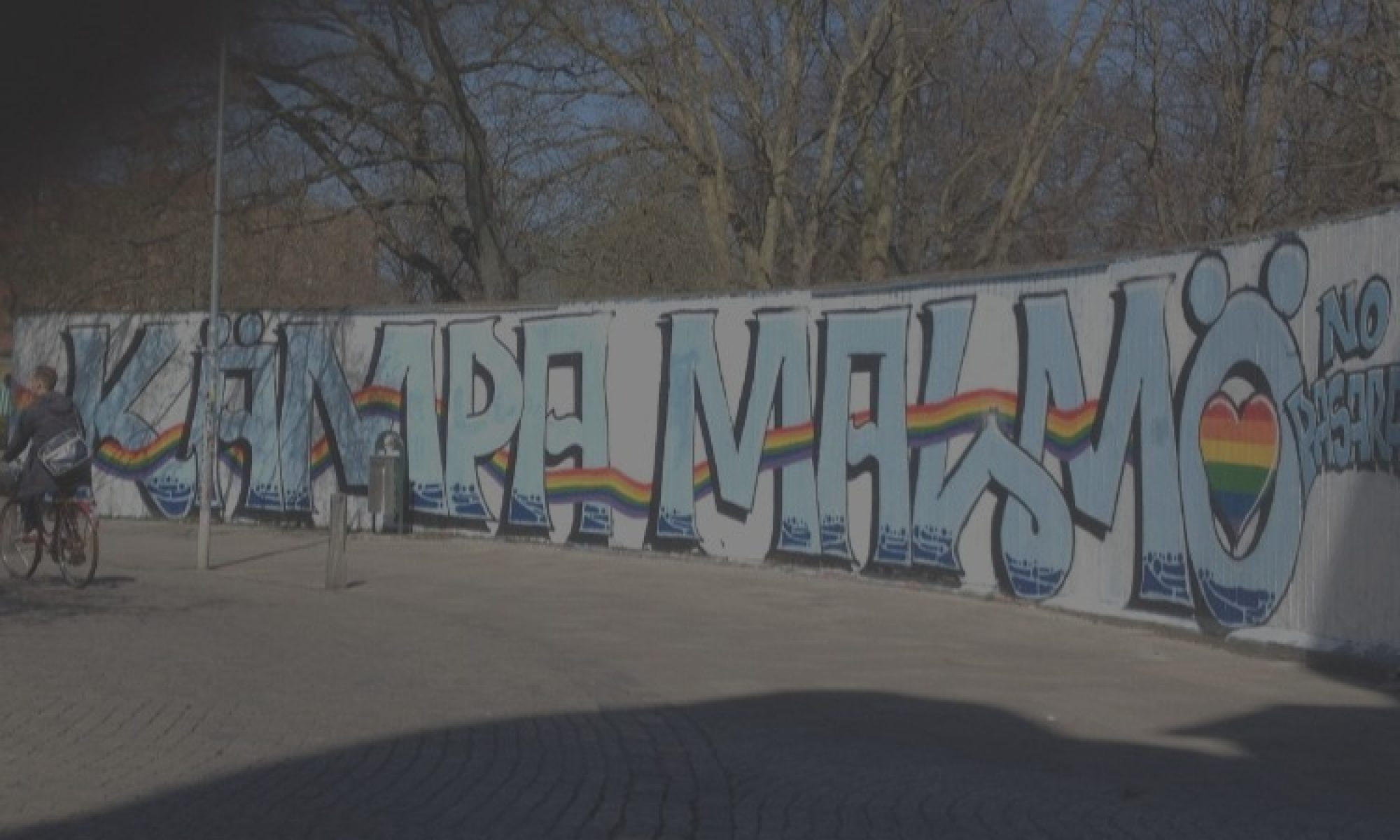Principal Investigator: Academy Research Fellow Suvi Keskinen (suvi.keskinen@helsinki.fi)
This research project examines the conditions, forms and possibilities of postethnic activism in the wake of neoliberal changes and retreat from multiculturalism. Current Nordic countries are characterised by the rise of neo-nationalism and the framing of especially Muslims and non-western minorities as problematic ‘others’ drawing on racialised, gendered and sexualised discourses. Profound changes have simultaneously occurred in the conditions for political action. The neoliberal political rationality implies an emphasis on individualisation and entrepreneurialism, whereby race, gender and class-based inequalities are constructed as individual failures instead of social processes. Political subjects seen to embody diversity are increasingly entering the public sphere but in doing so are also confronted with the racialised and class-based power relations of it.
Through translocal studies in Denmark, Sweden and Finland this research explores how political subjectivities, activities, alliances and social imaginaries are created in postethnic activism. It examines the ways that neoliberal political rationalities shape the contours of activism and how such rationalities are negotiated, made use of, questioned and resisted by activists. Moreover, it analyses the social imaginaries of gender, belonging, nation, history, community and solidarity elaborated in the activities.
Using interviews, participative observation, media and other visual/textual data, as well as collaborative knowledge production with the research participants the research seeks to address especially two kinds of activism: 1) feminist, queer and women’s groups working with an intersectional frame that pays attention to the interplay of gender, sexuality and racialisation; and 2) community-based activism in racialised urban residence areas. In addition, other groups that aim to mobilise people on basis of a shared racialised position will be included in the study.
This five-year research project (2014-2019) is funded by the Academy of Finland.
